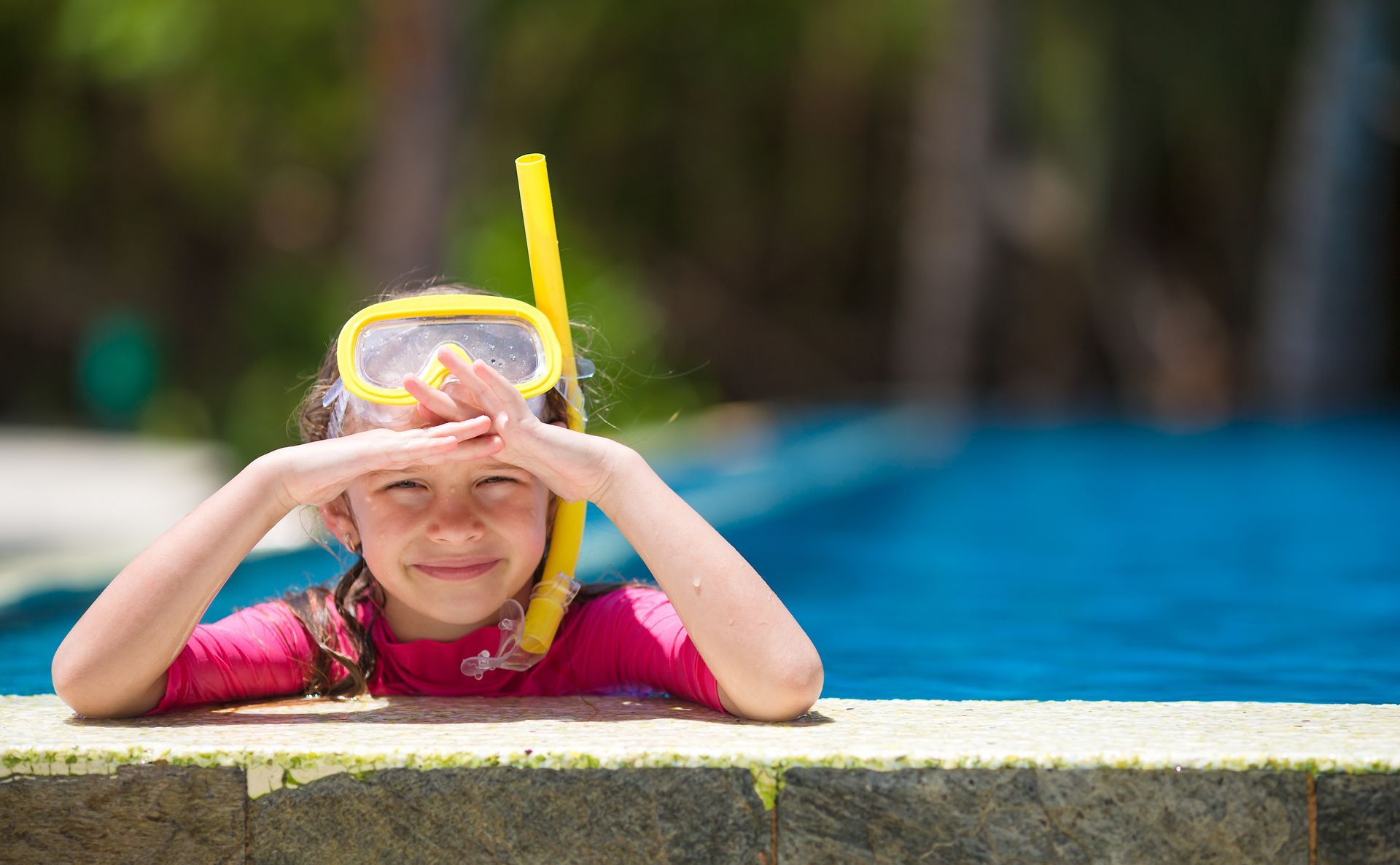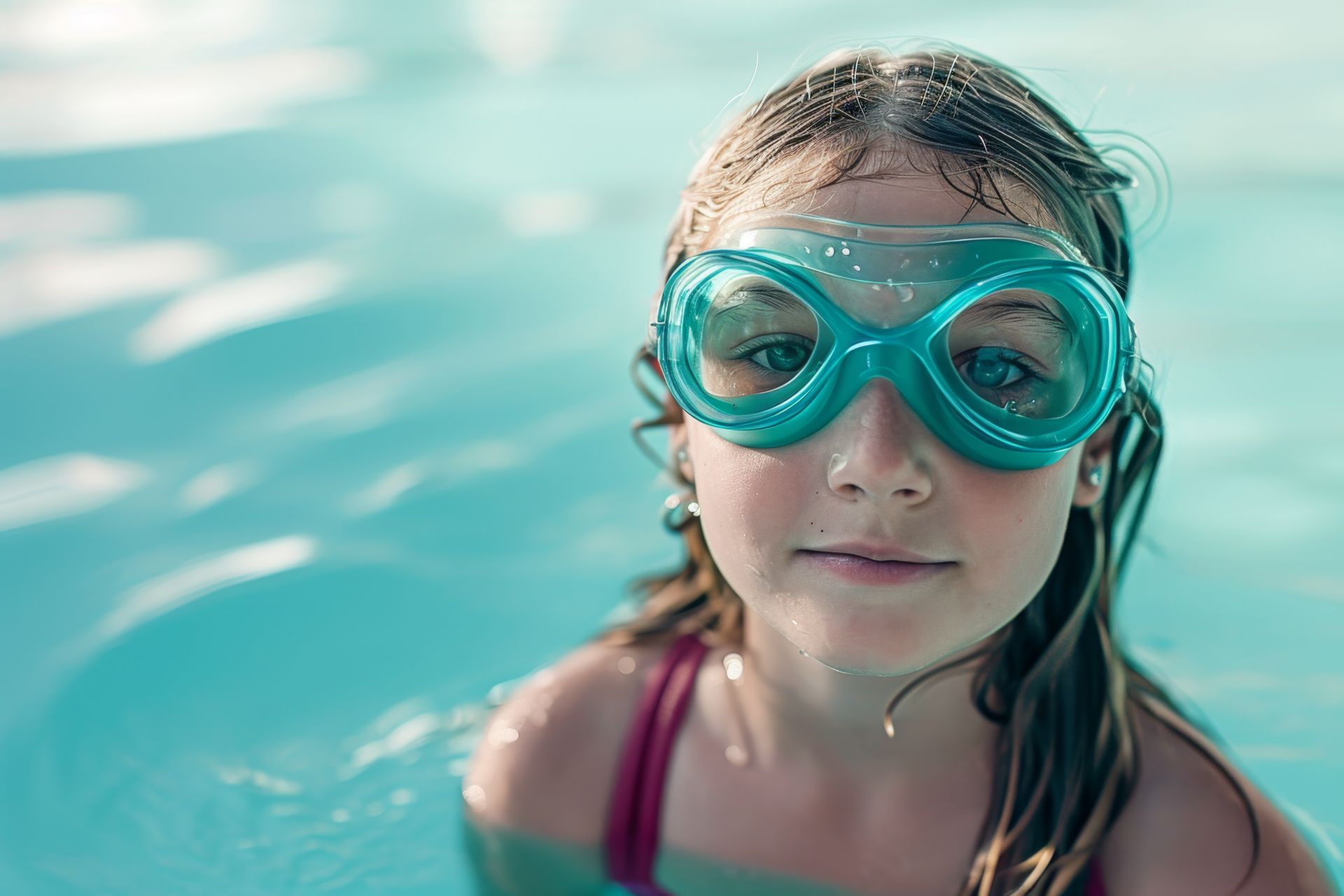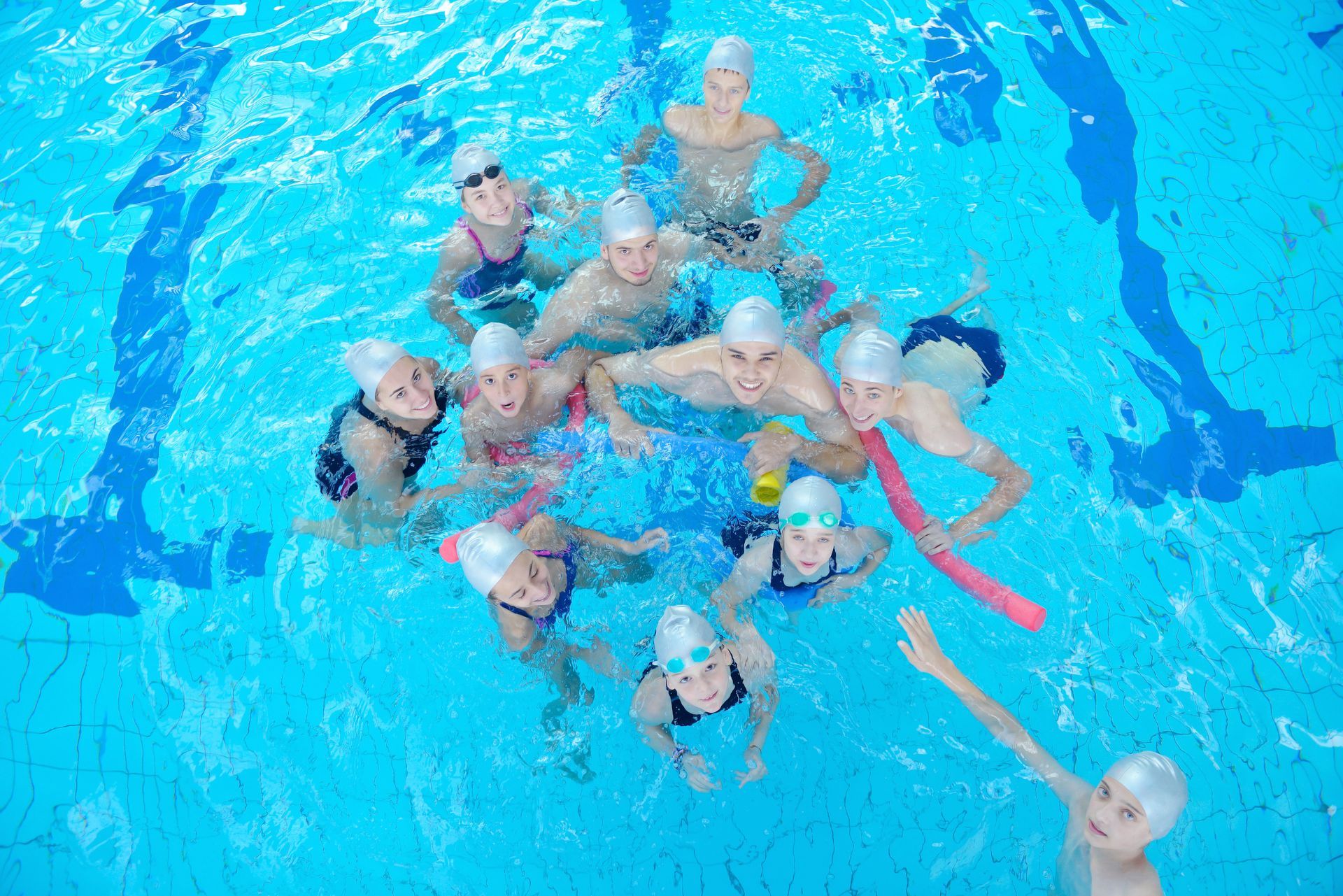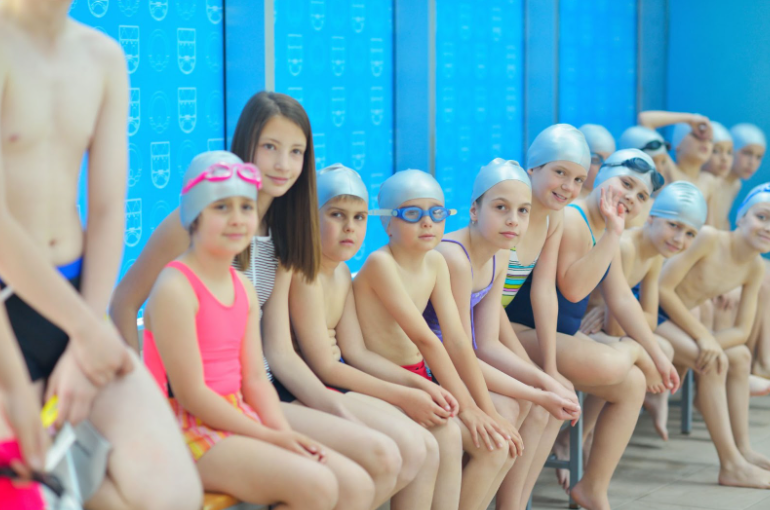Saltwater vs Chlorine Pools: What You Should Know
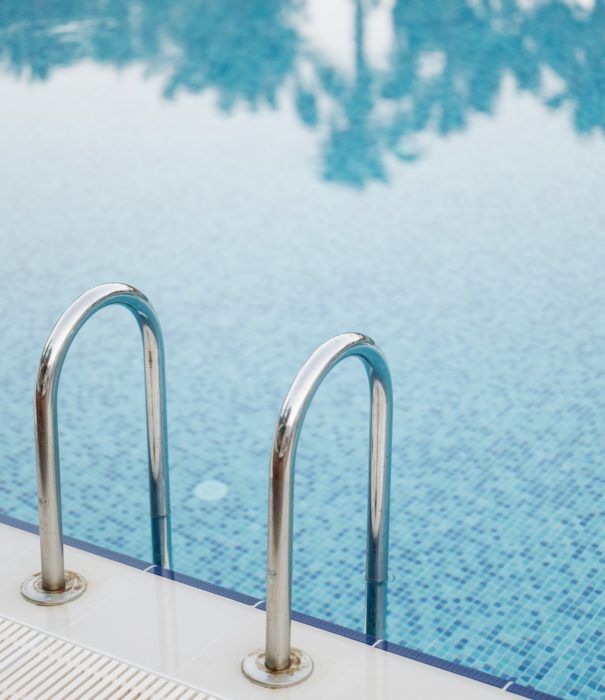
Anyone who’s spent even a little time around pools knows that pools typically come in one of two types: saltwater and chlorine. What you may not be as familiar with are the similarities and differences between them. So what should you know about saltwater and chlorine pools?
Safety and Comfort
Would you be surprised to learn that saltwater pools still use chlorine to sanitize the water? The salt is converted into chlorine by electrically charged plates. This process produces fewer chloramines. Because of the reduced chloramine presence, saltwater pools tend to lack the chlorine smell commonly associated with chlorine pools. It’s also why they tend to be more gentle on the skin and eyes. That said, both saltwater and chlorine pools are safe for swimmers, as long as the water is clean and the chemicals are balanced.
Maintenance
Both types of pools require regular sampling and balancing, as well as occasional shocks to be safe to swim in. The salt chlorine generators of saltwater pools also need to be checked and cleaned regularly so they’ll continue to function properly. You’ll also need to make sure that the water in a saltwater pool stays above 60 degrees Fahrenheit. Chlorine production won’t be possible at colder temperatures. You may need to have and maintain a water heating system because of this. Keep an eye on your pool liner as well. The salt can erode the pool more quickly.
Cost
If you’re considering getting a pool of your own, the cost is another thing you’ll need to take into account. The day-to-day running of a saltwater pool tends to be less expensive than a chlorine pool. Part of this is because pool-grade salt is less expensive than chlorine. Still, the cost of converting a chlorine pool into a saltwater pool can be thousands of dollars. If you already have a chlorine pool, it may be better to just leave it as is.
It’s always a good idea to know what you’re getting into, literally, in the case of a pool. Both saltwater and chlorine pools are considered safe, provided they’re properly cared for. That said, you may find they feel a little different to swim in, and there are plenty of differences from a pool owner’s perspective. Take some time to get familiar with the differences, especially if you’re considering becoming a pool owner yourself. That way you’ll feel good about the choice you make.
Anyone who spends time around a pool should be familiar with water safety and drowning prevention. Click here to learn about SwimJim’s 10 Golden Rules today.
The post Saltwater vs Chlorine Pools: What You Should Know appeared first on Swim Jim.
